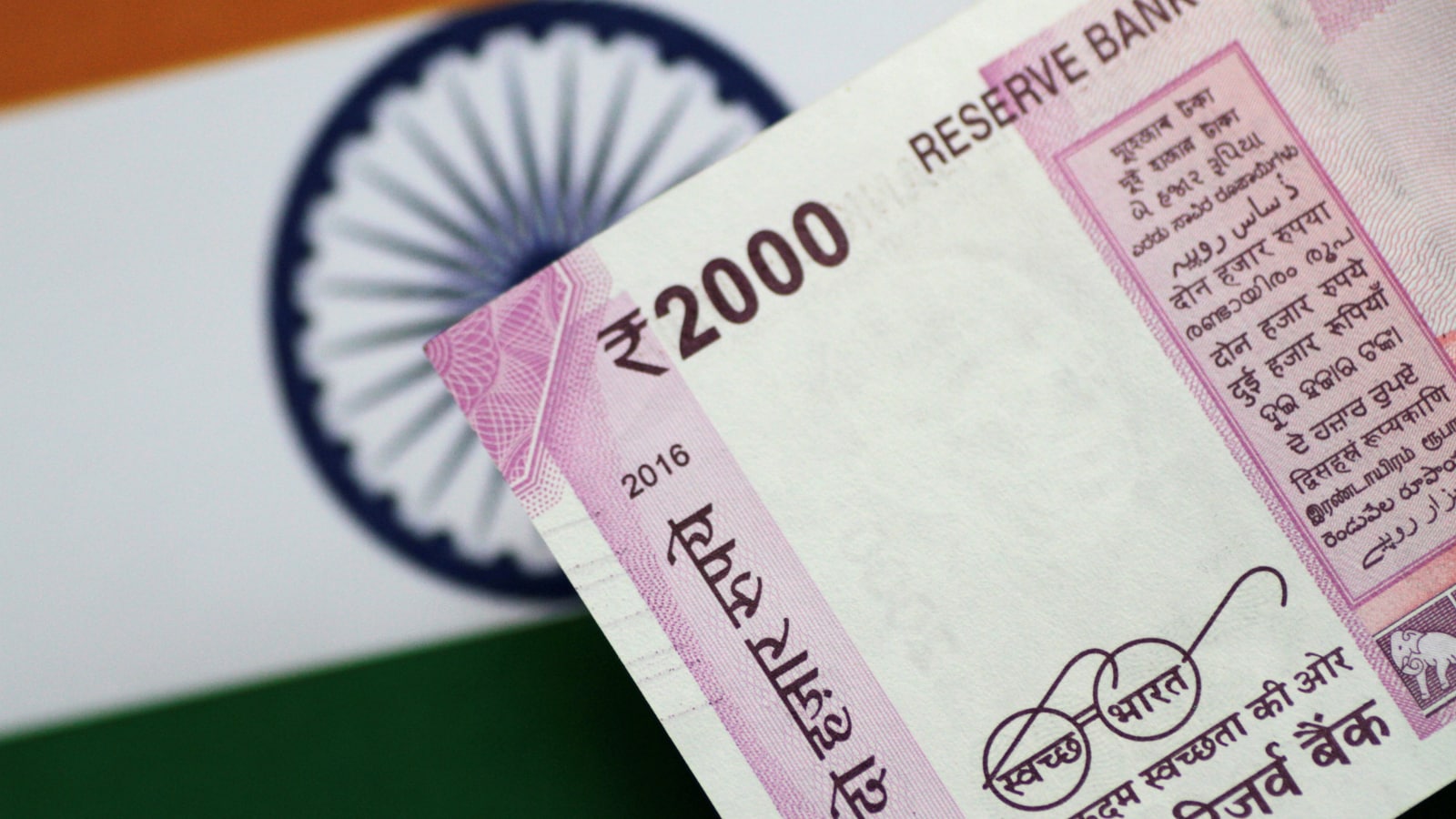States’ Fiscal Health Has Rebounded From Pandemic-Induced Stress On Broad Economic Recovery: RBI
Last Updated: January 18, 2023, 14:13 IST

RBI says the undershooting of budgetary targets for key deficit indicators has enabled states to reduce their outstanding liabilities. (Photo: Reuters)
RBI says states have budgeted higher capital outlay in 2022-23 than in 2019-20, 2020-21 and 2021-22
The fiscal health of the states has improved from a sharp pandemic-induced deterioration in 2020-21 on the back of a broad-based economic recovery and resulting in high revenue collections, according to the RBI. It added that states’ gross fiscal deficit (GFD) is budgeted to decline from 4.1 per cent of gross domestic product (GDP) in 2020-21 to 3.4 per cent in 2022-23.
“While states’ debt is budgeted to ease to 29.5 per cent of GDP in 2022-23 as against 31.1 per cent in 2020-21, it is still higher than 20 per cent recommended by FRBM Review Committee, 2018 (Chairman: N K Singh), warranting prioritisation of debt consolidation,” the RBI said in the ‘State Finances: A Study of Budgets of 2022-23’.
It also said that in 2022-23, states have budgeted higher capital outlay than in 2019-20, 2020-21 and 2021-22. Going forward, increased allocations for sectors like health, education, infrastructure and green energy transition can help expand productive capacities if states mainstream capital planning rather than treating them as residuals and first stops for cutbacks in order to meet budgetary targets.
The RBI also said it is worthwhile to consider creating a capex (capital expenditure) buffer fund during good times when revenue flows are strong so as to smoothen and maintain expenditure quality and flows through the economic cycle.
“To crowd in private investment, the State governments may continue to focus on creating a congenial ecosystem for the private sector to thrive. States also need to encourage and facilitate higher inter-state trade and businesses to realise the full benefit of spillover effects of state capex across the country,” the central bank said.
The report said the fiscal health of states has rebounded from pandemic-induced stress, aided by buoyant revenue collections and prudent expenditure management. The undershooting of budgetary targets for key deficit indicators has enabled states to reduce their outstanding liabilities.
“These developments have extended into 2022-23 so far. A coincident indicator of this sustained improvement is that market borrowings are much lower than in the indicative calendar due to comfortable cash flow positions of the states, boosted by timely payment of GST compensation by the Centre (May and November 2022) and release of two advance instalments of tax devolution (August and November 2022). The states need to take advantage of this ‘sweet spot’ by building up fiscal buffers and stepping up capex,” the RBI said.
The central bank said that as a part of institutional reforms, state governments need to set up state finance commissions (SFCs) in a regular and timely manner to decide on the assignment of taxes, fees and other revenues to local governments. Institutionalisation of a well-defined and timely devolution mechanism to local governments can improve the provision of quality services for the greater public good.
Read all the Latest Business News here
For all the latest business News Click Here

